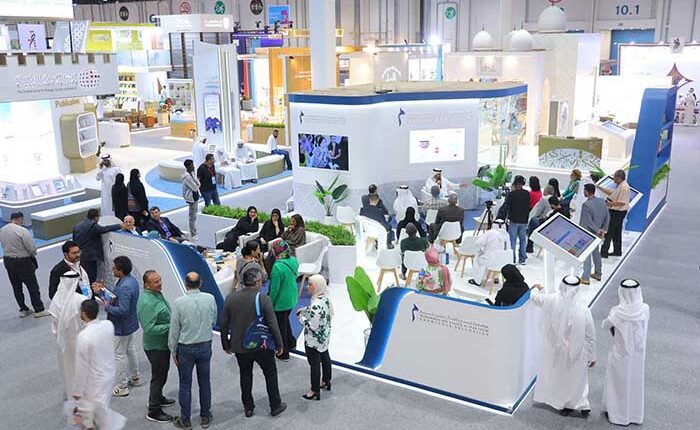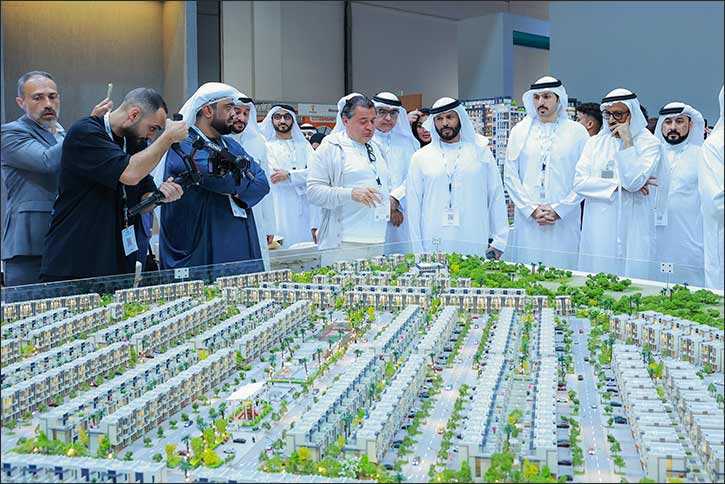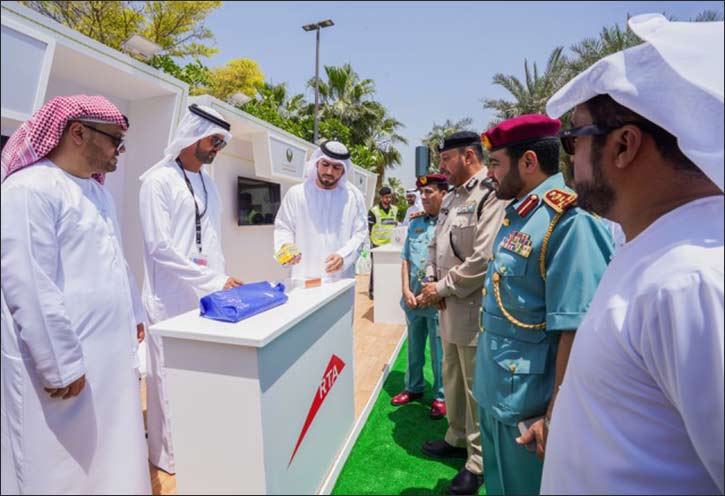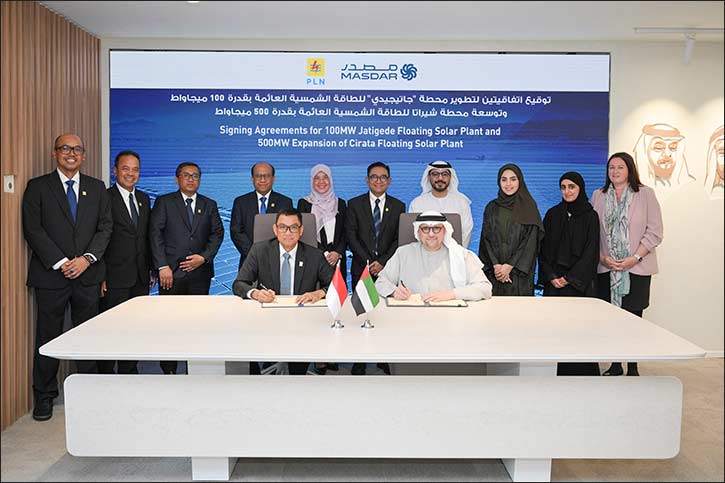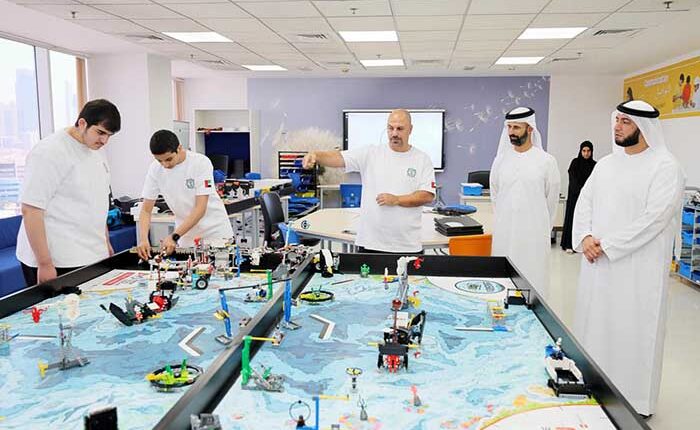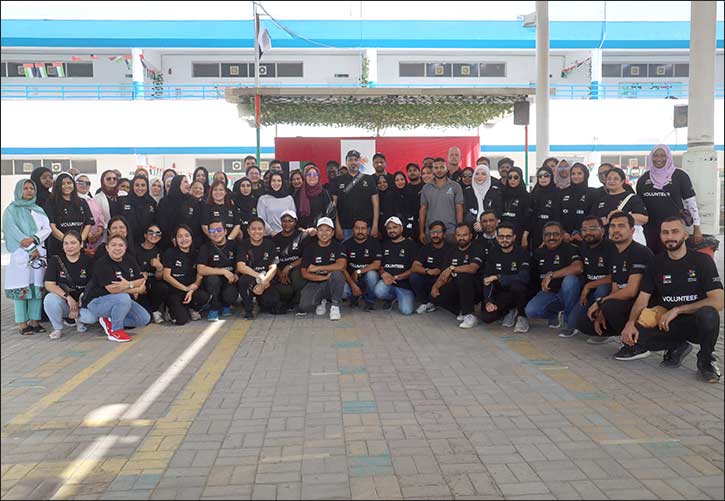Association of Lebanese Industrialists presents results and recommendations of a market study
The European Bank for Reconstruction and Development (EBRD) – in collaboration with the Association of Lebanese Industrialists (ALI) – is supporting the development of the Lebanese industrial sector by backing a market study.
The industrial sector is crucial for the Lebanese economy and it has been a stabilising factor during the current economic crisis, contributing not just to the national GDP but also to the availability of hard currency through the export of industrial products. The sector already employs a large portion of the population and there is now a growing need to substitute imports with local production.
Funded by the European Union (EU), the “Lebanese Industrial Sector in 2021” study was conducted using a sample of 700 industrial companies across all sectors and regions in Lebanon between the months of June and November 2021.
The study was requested by ALI to identify the issues industrialists are currently facing and to provide an overview of challenges related to exports, technology and production.
Global Studies Consultant, who conducted the survey, also included their recommendations to help enhance the sector’s development and to double its production before 2030. The recommendations include short-term urgent and operational actions, while in the medium and long-term more structural changes are needed that require interventions from different stakeholders.
The findings of the study were presented at an event attended by the EBRD Managing Director for the southern and eastern Mediterranean region, Heike Harmgart; EBRD Director for the Mediterranean region, Philip ter Woort, the Minister of Industry in Lebanon, George Boujikian; Deputy Head of Cooperation, EU Delegation to Lebanon, Alessia Squarcella; and President of the Association of Lebanese Industrialists, Fady Gemayel.
To date, the Bank has invested more than €775 million in Lebanon with a focus on supporting private sector competitiveness, promoting a sustainable energy supply and enhancing the quality and efficiency of public service delivery.

